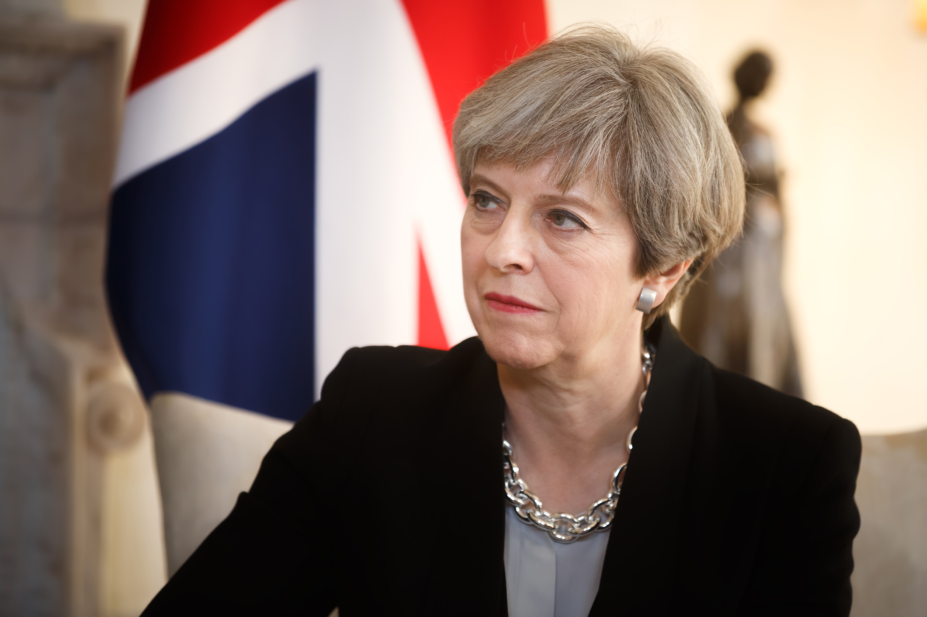
Shutterstock.com
The Brexit political agreement does not guarantee ties with the European Medicines Agency (EMA), despite government ministers emphasising the importance of the need for close relationships with the drugs safety organisation in 2017.
The document, ‘Political declaration setting out the framework for the future relationship between the European Union and the United Kingdom’, which was published on 22 November 2018, said the UK and EU would “explore the possibility” of co-operation of UK authorities with EU agencies, such as the EMA.
But in March 2018, prime minister Theresa May said the UK would seek to remain a member of the EMA.
“Membership of the EMA would mean investment in new innovative medicines continuing in the UK, and it would mean these medicines getting to patients faster as firms prioritise larger markets when they start the lengthy process of seeking authorisations,” she said at the time, in a speech setting out her goals for the future relationship between the UK and the EU.
May added that the government would “explore with the EU, the terms on which the UK could remain part of EU agencies,” including the EMA.
“We would, of course, accept that this would mean abiding by the rules of those agencies and making an appropriate financial contribution,” May said.
Commenting on the Brexit document, Labour Party member of the European parliament for the East Midlands, Rory Palmer tweeted: “Theresa May said she would aim for ‘associate membership’ of EMA: that’s now downgraded in
#PoliticalDeclaration to ‘explore the possibility of co-operation’. Not good at all.”
The political agreement will now be voted on by the UK parliament.


